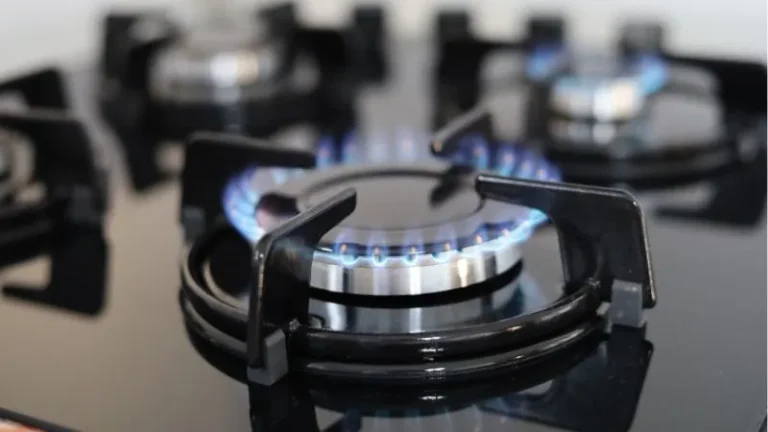More resources are needed to address the complex legal needs of women escaping domestic violence, according to a new report, released today by the Public Interest Advocacy Centre.
The report comes at a time when community legal centres, which are at the front line of providing legal assistance to the most at-risk members of the community, are facing a Federal funding cut of almost 30% from 1 July.
Home in a Storm – the legal and housing needs of women facing homelessness, is based on consumer consultations with women who have experienced homelessness in the last two years, and also have related legal problems, as well as the casework of PIAC’s Homeless Persons’ Legal Service.
According to the Report’s author, Louis Schetzer, participants’ stories illustrated the difficulties faced by women in finding safe, stable accommodation following the physical and emotional trauma of domestic violence. They also highlighted the importance of specialist legal services to address complex and inter-related legal needs.
‘The consultations demonstrated a strong relationship between women’s experience of domestic violence and homelessness, and showed how certain legal problems cluster together as a result of domestic violence. These include family law problems involving children, housing and tenancy problems, and debt and financial problems.’
As one participant said, ‘domestic violence caused all the problems. If there was no domestic violence then I would still have had a stable home. There would not have been the issues with the rent or the damages.’
Of the 23 women interviewed:
- 16 women said they had experienced three or more legal problems in the previous two years;
- 18 women reported recent experience of domestic violence. 12 women said this was the major reason for them becoming homeless;
- 14 of the women who experienced domestic violence also experienced housing and tenancy problems, and 12 also had legal problems relating to outstanding debts.
According to Lou Schetzer, it was also significant that over half of the women who participated in the project had completed a university degree or a trade qualification.
‘The trauma and homelessness that happens with domestic violence does not discriminate – it can occur for women regardless of their social, economic or education backgrounds,’ he said.
The report also confirmed the casework experience of PIAC’s Homeless Persons’ Legal Service (HPLS).
‘Many of the women who visit our clinics have experienced violence, and family violence is often the reason they became homeless in the first place. When they come to see us, these clients may identify a single legal problem – they are seeking our help with a family law problem, an AVO, or to deal with a tenancy issue,’ said Roslyn Cook, HPLS Senior Solicitor
‘But as we work with them we find that multiple factors emerge. Many of our clients have a mix of problems relating to tenancy, debt, fines, and a whole range of other civil legal issues.’
PIAC has released a list of 10 recommendations in response to the report, including increased funding for community legal services to assist women facing domestic violence, and those at risk of homelessness, and more crisis, temporary and long-term accommodation options for women leaving domestic violence.
Download the report and the recommendations.
MEDIA CONTACT: Media and Communications Manager, Gemma Pearce: 0478 739 280.

Watch: Challenging Injustice in Community Housing